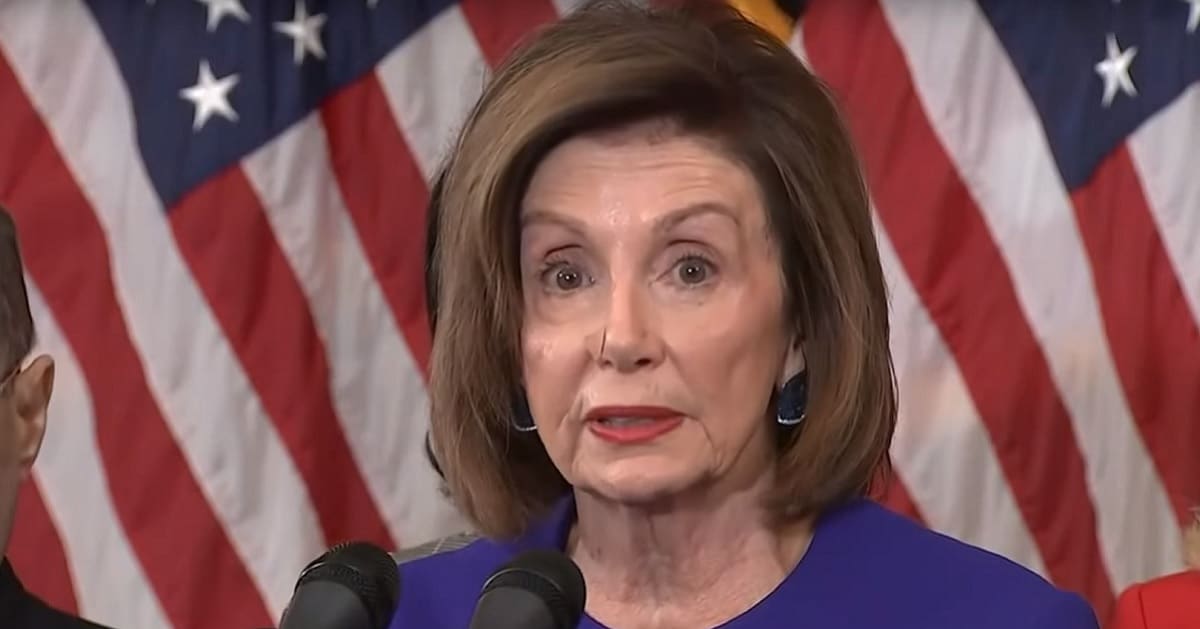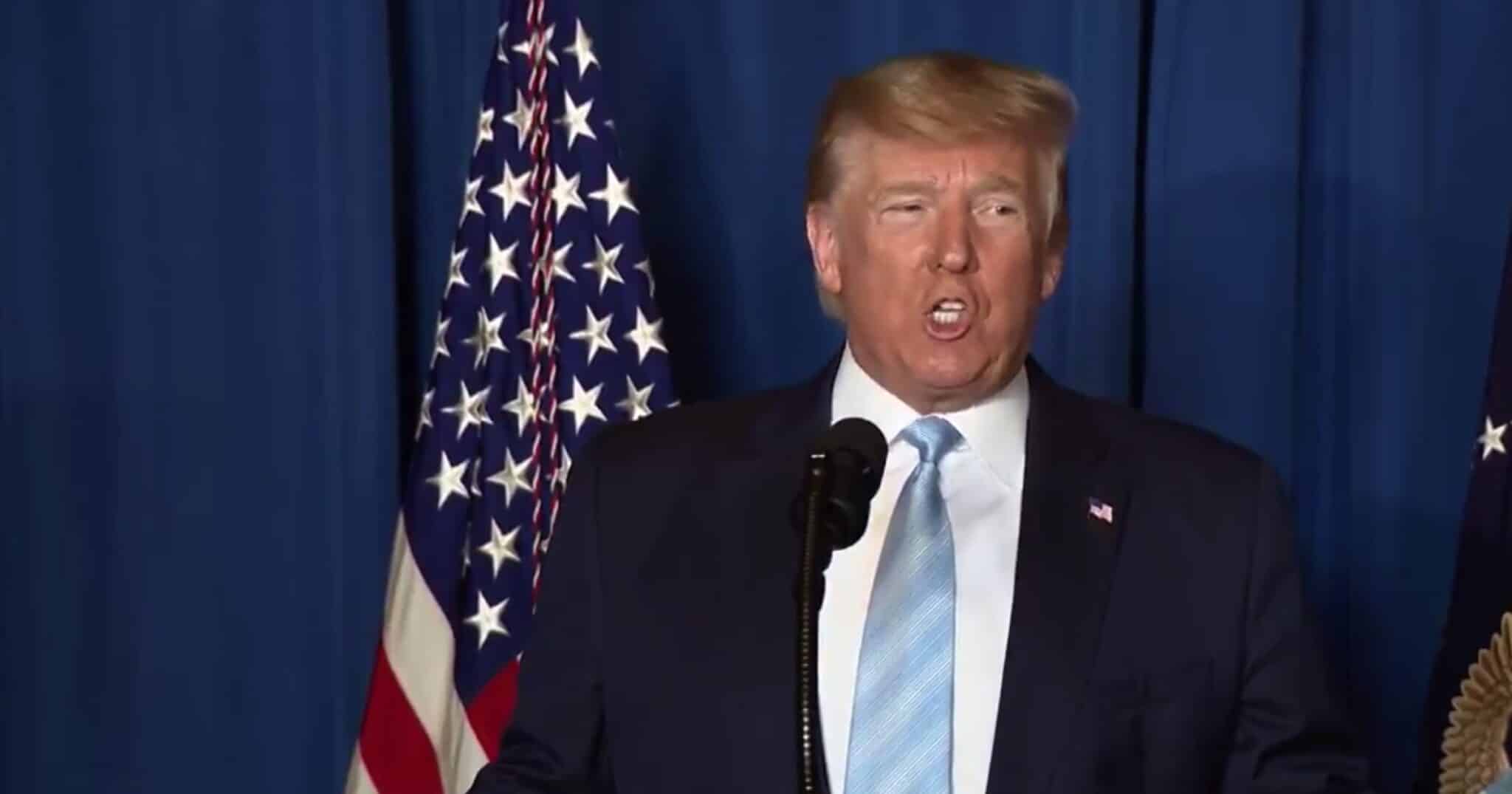




Residents of Portsmouth voiced their concerns after altered sample ballots were handed out at a local polling station, sparking conversations about the boundaries of campaign literature.
The Newport Daily News reported that a complaint was filed to address the potential of these ballots to confuse voters and the ethical implications of such actions.
The controversy erupted at Portsmouth High School where a group passed out sample ballots that had been altered to pre-select certain candidates.
The issue was promptly brought to the attention of the authorities, with a formal complaint lodged with both the Rhode Island Secretary of State and the Portsmouth Canvassing Department. This incident raised the ire of voters and resulted in critical intervention.
Registrar of Voters Jacqueline Schulz responded after hearing reports from voters who were upset by the situation. She made her way to the polling location to personally see to the cessation of the distribution of these materials.
According to Schulz, the immediate reaction from the voters underscored the importance of addressing the matter directly and swiftly.
Anthony D'Ellena of the Rhode Island Republican Party highlighted that multiple individuals reported receiving these misleading ballots. He noted that, ostensibly, the sample ballots favored Democrat candidates, leaving Republican options obscured by whiteouts.
This visible alteration raised suspicions about the intentions behind distributing such materials.
Chris Hunter, a spokesperson for the Rhode Island Board of Elections, clarified that, technically, these sample guides were not tampered ballots necessitating further action. The materials were not designed as actual ballots and thus did not constitute a breach in election security protocols.
Heather Sullivan, a moderator at the polling site, expressed concerns about the potential for confusion among voters. She emphasized that individuals who infrequently visit the polls or those voting for the first time could mistake these guides as official documents. The distinction between the sample guides and legitimate ballots was paramount in ensuring voters were not misled.
The Portsmouth Democratic Town Committee defended the distributed material, describing it as a customary piece of campaign literature. The committee assured that the sample ballots were clearly distinguishable from official ballots, containing only marked candidates as a guide for voters.
However, reacting to the backlash, the Democratic Town Committee requested that all candidates halt the distribution of these sample ballots. This measure was meant to maintain the integrity of the election process and alleviate any confusion among the voting public.
In the wake of these events, Anthony D'Ellena underscored the importance of transparency throughout the electoral process. By filing a complaint, he aimed to safeguard the trust voters place in the electoral system and ensure their decisions are based on accurate information.
The complaint called for a comprehensive investigation to uphold the principles of fairness and trust in public elections.
Additional measures were taken by poll workers who maintained routine checks to guarantee no campaign materials were inadvertently left in or around the polling booths. Their vigilance ensured that the official voting environment remained orderly and free of unsolicited influences.
Though the sample ballots fit the criteria of campaign literature, the moral questions surrounding their distribution have ignited a broader discussion about the ethical standards in political campaigns. While some view the materials as standard practice, the reaction from voters and officials reflects a deeper concern about voter influence and information accuracy.
The sensitivity of the situation was not lost on various stakeholders, prompting mixed responses from local leaders and political figures. State Representative Michelle McGaw and the wife of former Senator James Seveney were noted by D'Ellena as being involved in the distribution, though no official response was recorded from these individuals within the scope of the report.
The actions and resulting complaint could potentially inspire new guidelines or standards for what constitutes acceptable campaign literature in the future. As discussions continue, the community and election officials are left to ponder the extent to which campaign strategies might blur ethical lines.


